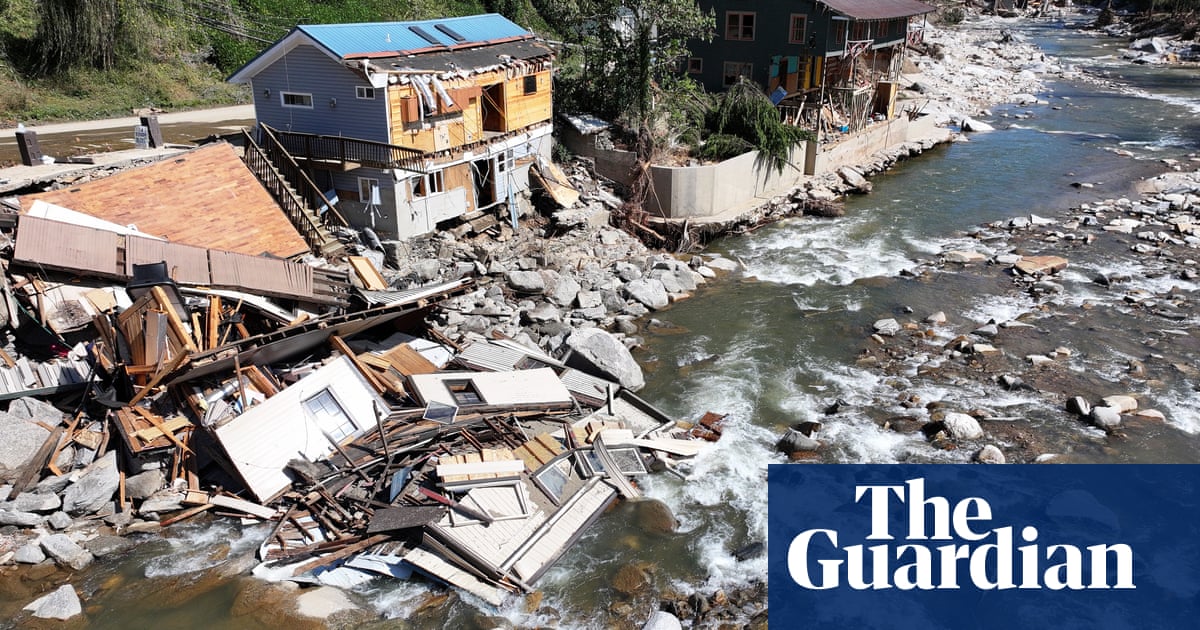Analysis shows Gulf’s heat that worsened Helene 200-500 times more likely because of human-caused global heating
As Hurricane Milton bears down on Florida, fueled by a record-hot Gulf of Mexico, a new analysis has shown how the Gulf’s heat that worsened last month’s Hurricane Helene was 200 to 500 times more likely because of human-caused global heating.
Helene, one of the deadliest storms in US history, gathered pace over the Gulf before crashing ashore with 140mph winds.
The new analysis found climate change increased by 10% the amount of rainfall hurled down by the hurricane, which left more than 220 people dead across six states as it barreled north two weeks ago, flattening and drowning towns, tearing up roads and severing water supplies. It also made Helene’s winds about 13mph, or 11%, more intense.



Ok, I read the linked sources from the article and think I understand this a bit better now.
I believe the twice as likely number from the headline is coming from this:
And I think the 200-500 times more likely number is referring to Sea Surface Temperatures that lead to major storms. So something like (and this is me talking, not how it’s worded in any of the source material) “when the Sea Surface Temperature is at 69° F then major hurricanes can be produced, and due to climate change, we’re getting temperatures that high 200-500 times more than we used to.”
I hope I interpreted that correctly.